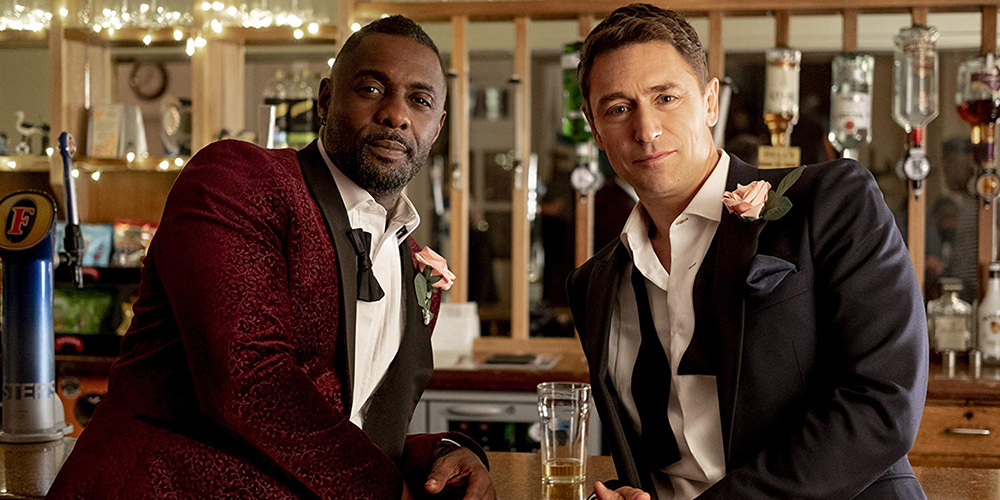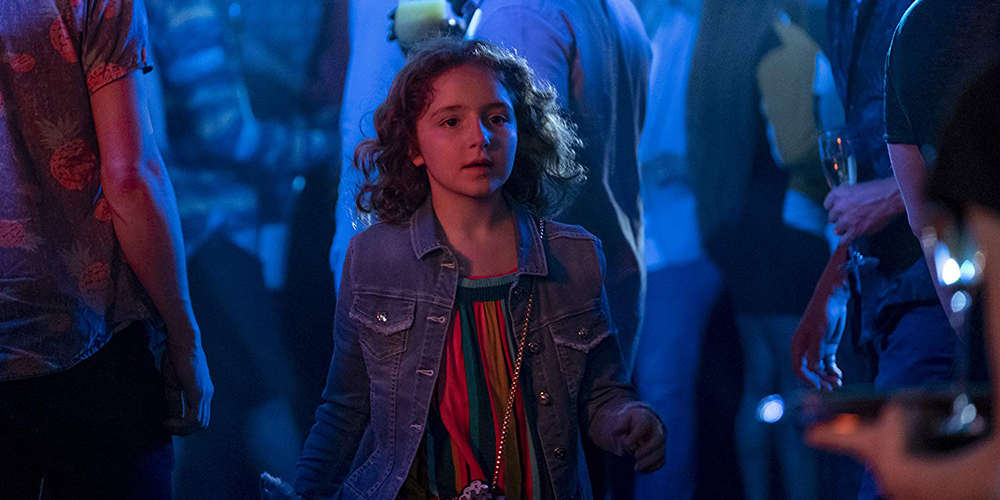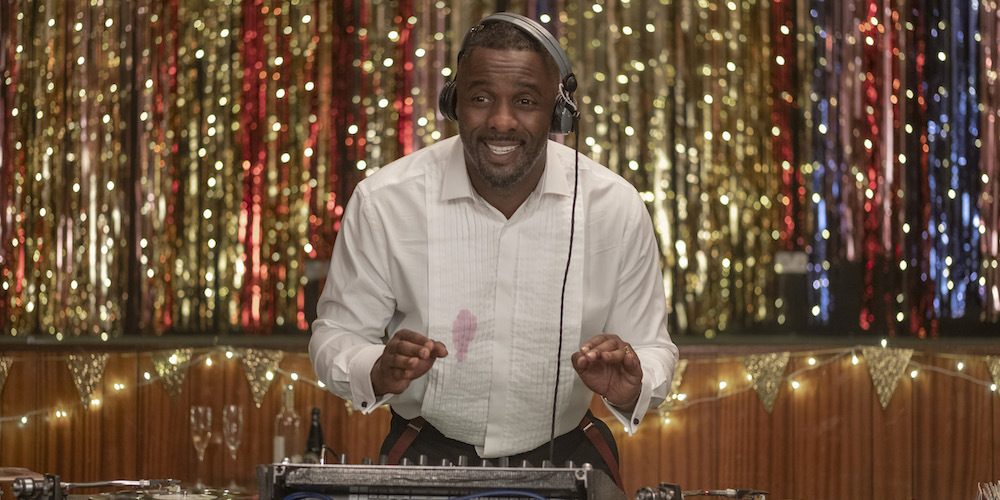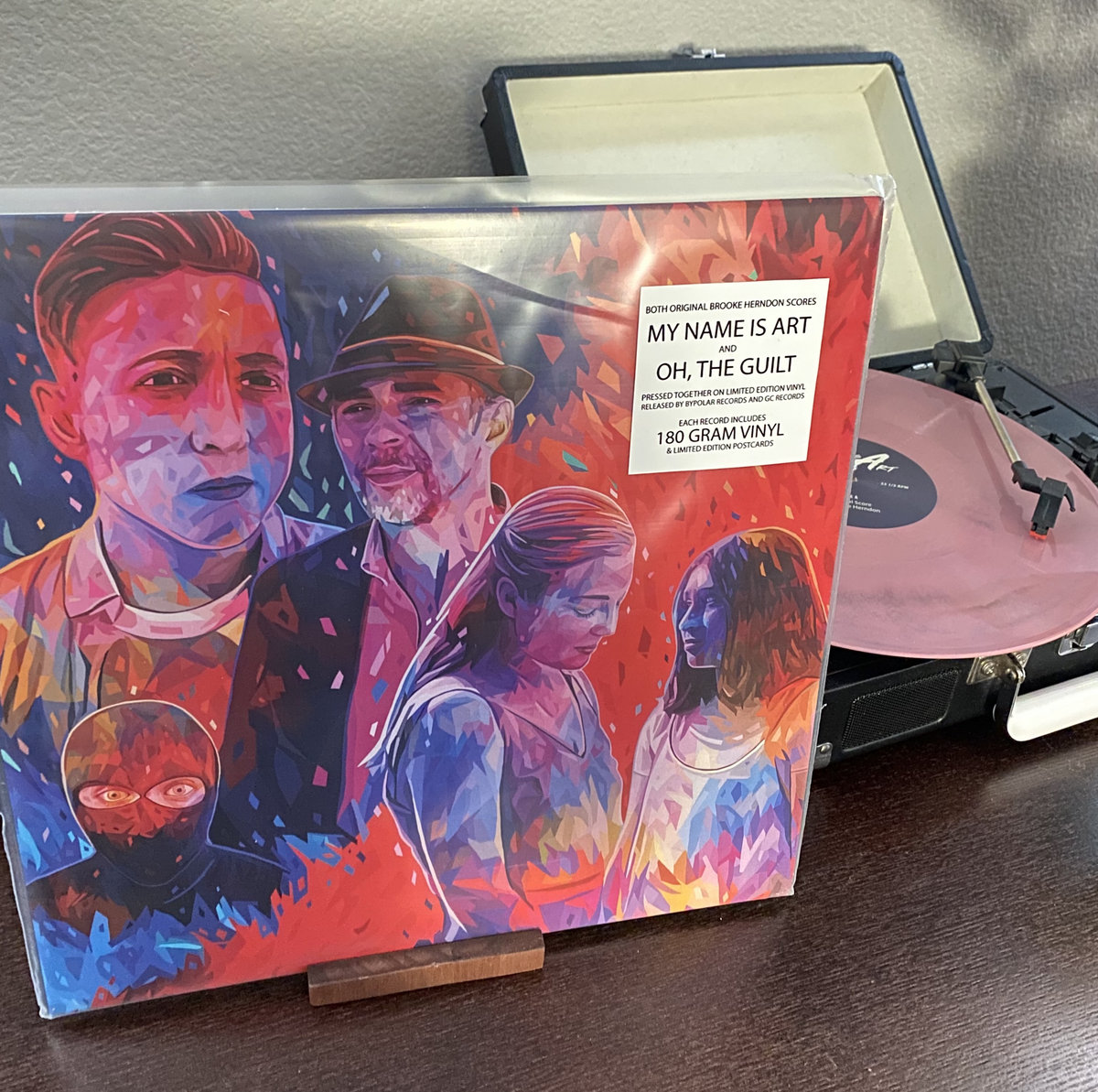I have to admit that I had a hard time imagining myself watching Netflix’s new original series, Turn Up Charlie, based on the premise and casting choice. Idris Elba (who is also co-creator, alongside Gary Reich) is a fantastic actor, but I have a hard time picturing him starring in a sitcom. Sure, he had a turn on the American version of The Office, but his role was the quintessential straight man to counter the overt wackiness of Dunder-Mifflen’s workforce. In Turn Up Charlie, Elba plays a middle-aged loser who is shanghai’d into playing nanny for his childhood buddy’s 11-year-old daughter. I’ll admit, I found this description so far out of Elba’s wheelhouse that it initially turned me off from watching, but I quickly caved when I remembered that British sitcoms were very different from the American format I was picturing in my head. What we actually got was an eight-episode dramedy with complex characters.

Elba’s titular Charlie Ayo is a former one hit wonder who has squandered away his erstwhile fortune and currently lives in his aunt’s spare bedroom of a small flat in London. His parents think he is a successful music producer with a steady girlfriend–because he has been concocting an elaborate ruse for years to convince them of this lie. Charlie thinks he still has a chance to be a famous DJ, but he is stuck doing meager gigs and favors for friends until he runs into his old friend David (JJ Feild) at a wedding. David is an actor who has become famous in L.A. but has recently moved back to London with his wife, Sara (Piper Perabo), also a DJ and producer, albeit a much more successful one than Charlie, and their 11-year-old daughter, Gaby (Frankie Hervey). When precocious (re: bratty) Gaby chases away her latest nanny, David and Sara decide to approach Charlie with a job offer. Charlie, initially thinking he is being offered a chance to work with Sara, reluctantly accepts the position, because it turns out he really needs the money–and a foot in the door with Sara is better than turning down the job to save his pride. It’s not long before Charlie unwittingly finds himself at the center of the family drama, when it becomes apparent that Sara and David have a hard time slotting Gaby into their jet-setting lifestyle.
If this were an American sitcom, CBS would have ordered up a 22 episode season, injected a laugh track, and had the focus of every episode be the unlikely friendship between Charlie and Gaby. Sara and David would breeze through episodes accompanied by entrance applause, and they would probably take every opportunity to ham it up. Their neglectful parenting might be brought up, but it would always be played for laughs and conveniently forgotten by the time the next episode starts.

Thankfully, this is not a CBS sitcom and even in eight short episodes, the characters manage to grow and their complex relationships are explored. It was not obvious until about halfway through the season that this wasn’t the type of show where things would be resolved in 30 minutes, just in time for the next crisis. This is not to say that Turn Up Charlie is perfect or Netflix’s best offering since Stranger Things. It’s okay, and it has flaws. Gaby is blindingly annoying for half of the season and it’s difficult to excuse her bratty behavior, even after we have learned of the extent of her parents’ inattentiveness. The adult characters are equally if not more flawed, even though they are all initially likable. Sara and David are beyond negligent and frequently seem to regard their daughter as an inconvenience, though they both love her and try to be physically and emotionally available. The couple’s relationship is damaged by secrets and jealousy and it may not be repaired. And then there is Charlie: he comes off as a sympathetic down-on-his-luck guy thrust into an awkward situation–that is, until he gets his second chance at success and immediately squanders it. Although he is given a third chance by season’s end, it was enough to establish Charlie as a guy who is truly his own worst enemy. It’s hard to root for characters that you want to like but continue to let you down. While it may be more realistic, it does not make for feel-good television.









